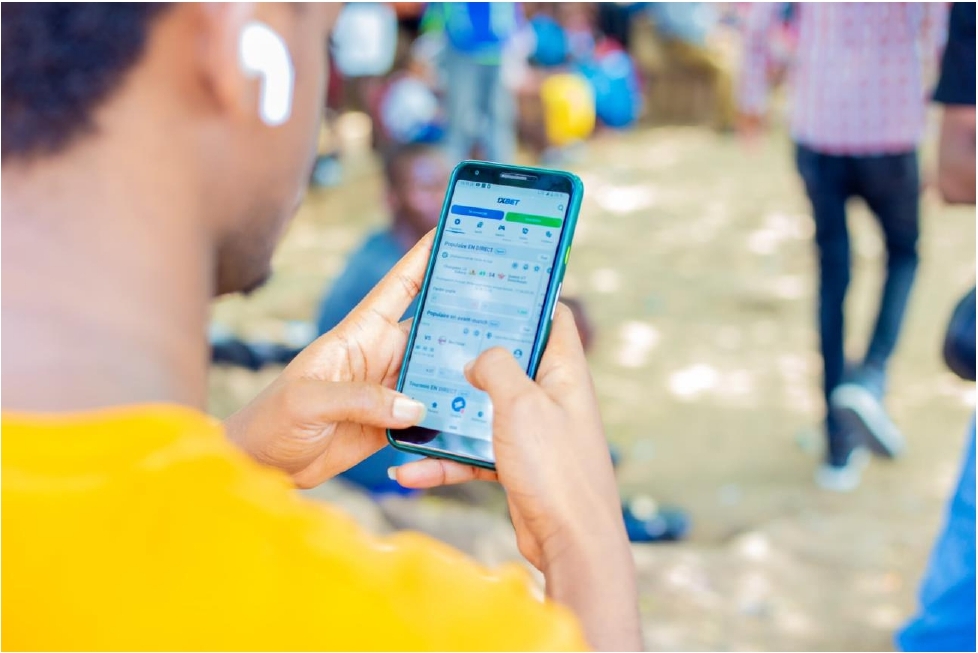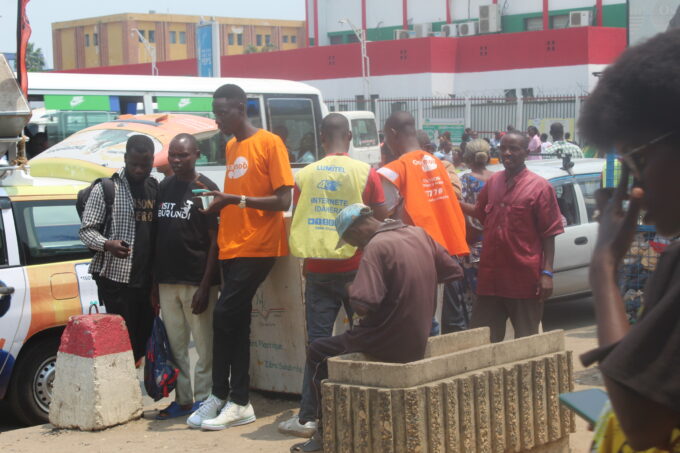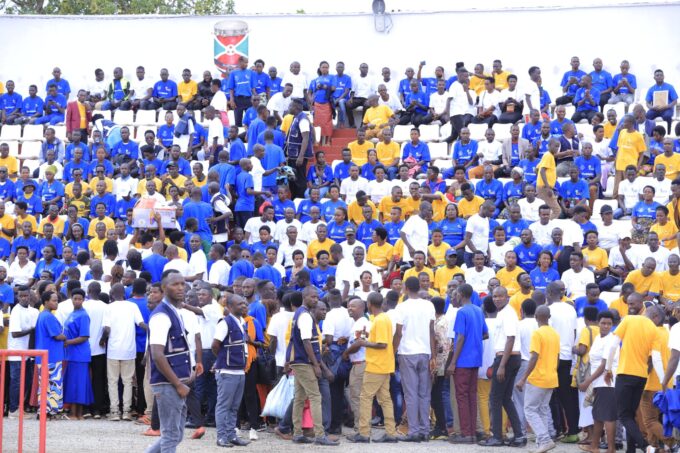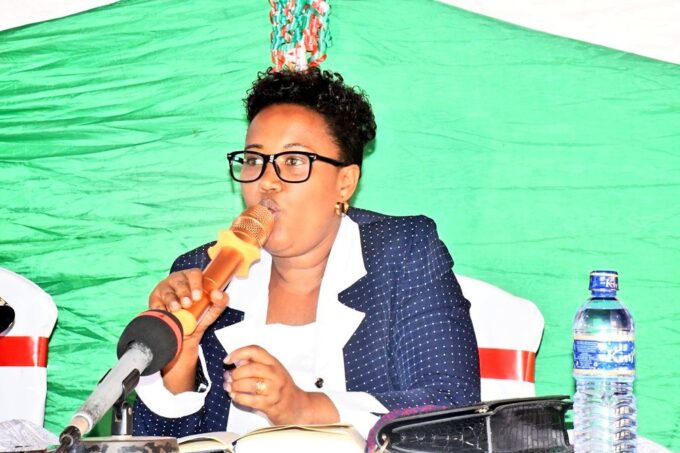Burundians and civil society organizations have raised concerns over long-standing internet challenges that are putting jobs at risk and pushing businesses to the brink. In a statement issued on Friday to mark Safer Internet Day, Faustin Ndikumana, chairman of local civil society group PARCEM, sharply criticized Burundi’s connectivity deficit and urged the government to take bold measures to resolve the issue.
“The internet is not performing well. It is insufficient, the speed is low, and it is unstable. Sometimes, it keeps disconnecting,” said a mobile app developer from northern Bujumbura anonymously. He lamented that slow and unreliable internet services not only delay technical operations but also erode customer trust, as companies are unfairly blamed for poor service—a trend that risks damaging their reputations.
I wonder how anyone can earn a living in this country if they depend solely on the internet—it’s far too slow and disappointing,” lamented an online news site owner on social media
Ndikumana has said that for Burundi to achieve any meaningful economic takeoff, a robust internet infrastructure is essential. “For a country’s economic takeoff today, internet development is essential. It facilitates communication between individuals and nations, access to information, education, service efficiency in sectors such as health, administration, security, banking, and more,” he said.
He further highlighted that Burundi’s connectivity lags behind that of its regional peers, calling on the government to mobilize the necessary funding to build adequate infrastructure and strengthen internet bandwidth. Ndikumana also urged regular evaluation and implementation of the nation’s Information and Communication Technologies (ICT) development strategy, warning that budget cuts targeting investment-related expenditures could spell serious long-term consequences.
In response to growing public discontent, the Burundian government has intensified its efforts to address the deteriorating telecommunications situation. Over the past two weeks, the Minister of Interior, Community Development, and Public Security, along with the Minister of Communication and other key government officials, convened to tackle the issue head-on. During the meeting, Rosine Guilène Gatoni, spokesperson for Burundi president, criticized the current state of connectivity: “We can make phone calls—that’s what 2G does well—but when it comes to sending a photo, documents, or downloading something, it just hangs in the air and never goes through.”
Telecommunications companies have pointed to external challenges as well. Representatives have highlighted that fuel shortages and a lack of foreign currency are crippling their operations, further exacerbating the unreliability of the network. Sixte Niyuhire, Director General of ONAMOB, a stated-owned telecom company, noted that the high cost of internet equipment, combined with persistent fuel and electricity issues, hampers efforts to maintain or upgrade existing infrastructure.
In a stern response, Minister Martin Niteretse criticized telecom operators for using fuel shortages as an excuse for poor service delivery, giving them three days to resolve the issue. Recent government reports underscore the severity of the problem, revealing that over 60% of Burundians struggle to make even basic phone calls, let alone access reliable internet services.








we need better connectivity 😰